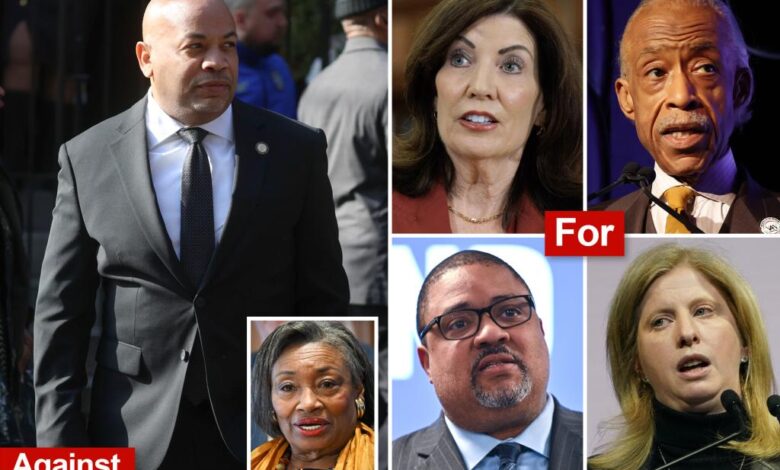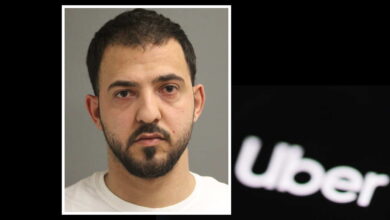NY’s lefty leaders have not backed Gov. Hochul’s bid to fix state’s twisted evidence laws — despite surge in support

Governor Kathy Hochul’s push to reform New York’s evidence laws is facing some resistance from the state Legislature leaders. Despite bipartisan support for her proposal, Assembly Speaker Carl Heastie and Senate Majority Leader Andrea Stewart-Cousins have not fully endorsed the plan yet.
Heastie expressed concerns that some of the changes in Hochul’s proposal would give prosecutors too much power. He emphasized the importance of a fair exchange of discovery in the pursuit of justice. While Assembly members agree that adjustments are necessary, they are still negotiating the specifics during ongoing budget talks.
Similarly, Stewart-Cousins has suggested that amendments to the discovery laws should be addressed separately from budget discussions. Both leaders did not include Hochul’s proposed changes in their respective budget proposals this year.
Hochul’s proposal aims to streamline the evidence disclosure process, setting a timeline for defendants to challenge compliance and granting judges more discretion in sanctioning prosecutors. District attorneys across the state, including those in New York City, support the changes, citing a significant increase in case dismissals due to strict penalties for minor errors in evidence disclosure.
Manhattan District Attorney Alvin Bragg and Brooklyn District Attorney Eric Gonzalez highlighted cases where evidence technicalities led to dismissals, including instances of missing paperwork and irrelevant information causing delays. They, along with other prosecutors and business leaders, advocated for changes to prevent unjust dismissals.
On the other hand, criminal justice advocates, public defenders, and groups like the NAACP oppose the proposed changes, forming the Alliance To Protect Kalief’s Law. They argue that Hochul’s plan undermines the intent of Kalief’s Law, which aims to prevent defendants from languishing in jail before trial.
The debate over discovery laws continues, with different perspectives on ensuring a fair and efficient judicial process. While Republican lawmakers support Hochul’s proposal as a positive step, opposition groups raise concerns about potential misuse by prosecutors. The discussion underscores the complexity of balancing the interests of justice, fairness, and efficiency in the legal system.





